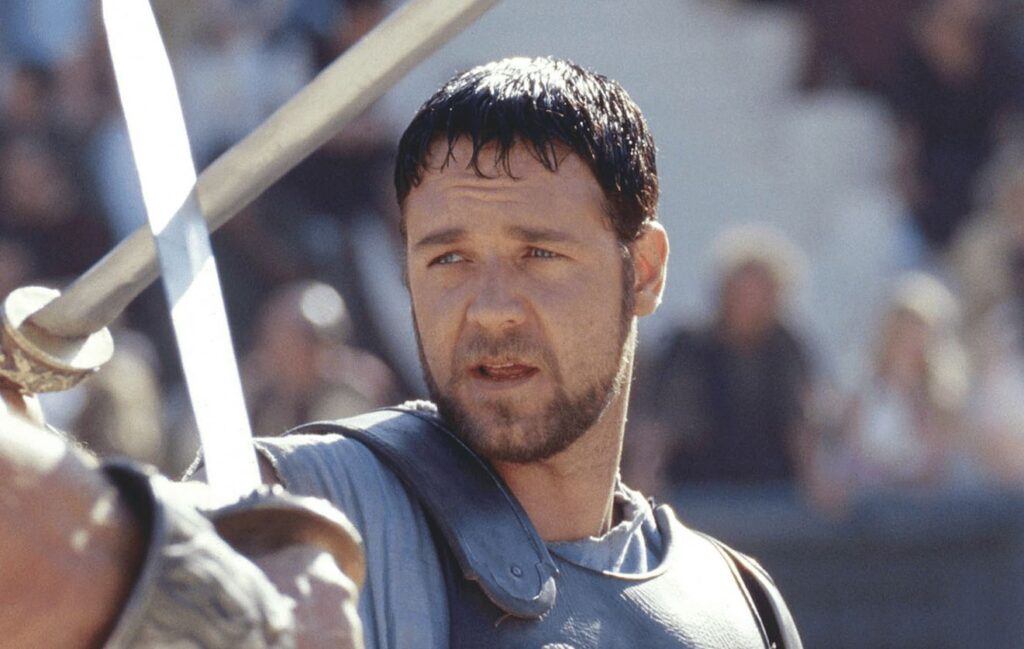When we watch a movie set in a bygone era, we’re not just looking for entertainment; we’re seeking a portal into the past. Films with the power to convincingly depict historical periods not only entertain but educate, offering us insights into the lives and times of those who came before us. The movies on this list are lauded for their meticulous attention to detail, critical acclaim, and the cultural impact they’ve had, bringing their respective historical eras to life with an authenticity that resonates with audiences and critics alike.
Gladiator Brings Ancient Rome to Cinematic Life
The grandeur and brutality of Ancient Rome are vividly portrayed in Ridley Scott’s Gladiator (2000). From the accurate depiction of the gladius and scutum used in battle to the realistic representation of gladiator life, the film spares no detail. The production design transports viewers straight into the Colosseum, cheering alongside the ancient crowds. Despite minor inaccuracies like stirrups on horses, which were not used at the time, Gladiator remains a testament to film’s ability to capture the essence of an era.
A Harrowing Realism in Schindlers List
Schindler’s List (1993) is more than just a film; it’s an emotional journey through one of history’s darkest chapters. Steven Spielberg’s commitment to realism brings a harrowing authenticity to the portrayal of the Holocaust. 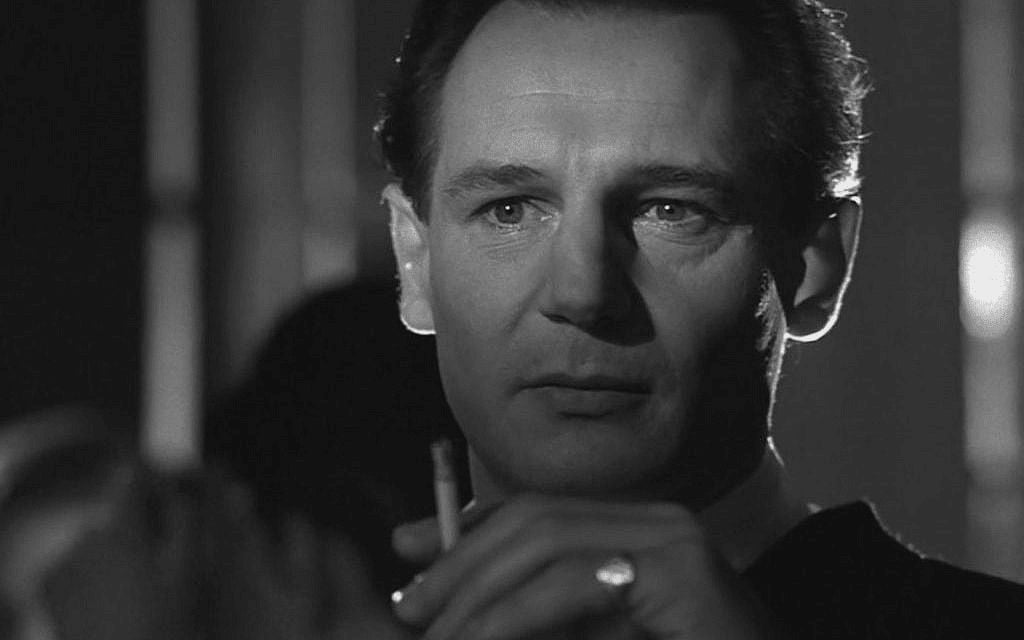
 As one viewer reflected after rewatching the film decades later,
As one viewer reflected after rewatching the film decades later, I am left with today — beyond a face full of hurt from sobbing for two hours straight at human beings’ inhumanity to fellow human beings — is a new astonishment
. The film serves as both a historical record and a chilling reminder that complicity and complacency can lead to unspeakable atrocities.
Pride & Prejudice A Regency Era Gem
The 2005 adaptation of Jane Austen’s Pride & Prejudice captures the Regency era with an attention to detail that has endeared it to both literary purists and new fans alike. The costumes and settings are not only picturesque but historically accurate, reflecting the social mores and lifestyle of early 19th-century England. 
 Filmed entirely on location in the UK, this version of Austen’s classic novel remains faithful to its source material while bringing its own unique charm to the big screen.
Filmed entirely on location in the UK, this version of Austen’s classic novel remains faithful to its source material while bringing its own unique charm to the big screen.
Saving Private Ryan A Gritty Window into WWII
Saving Private Ryan (1998) is renowned for its unflinching depiction of World War II’s brutality, particularly during the D-Day landing. Spielberg once again proves his mastery in creating immersive historical narratives that resonate with viewers. 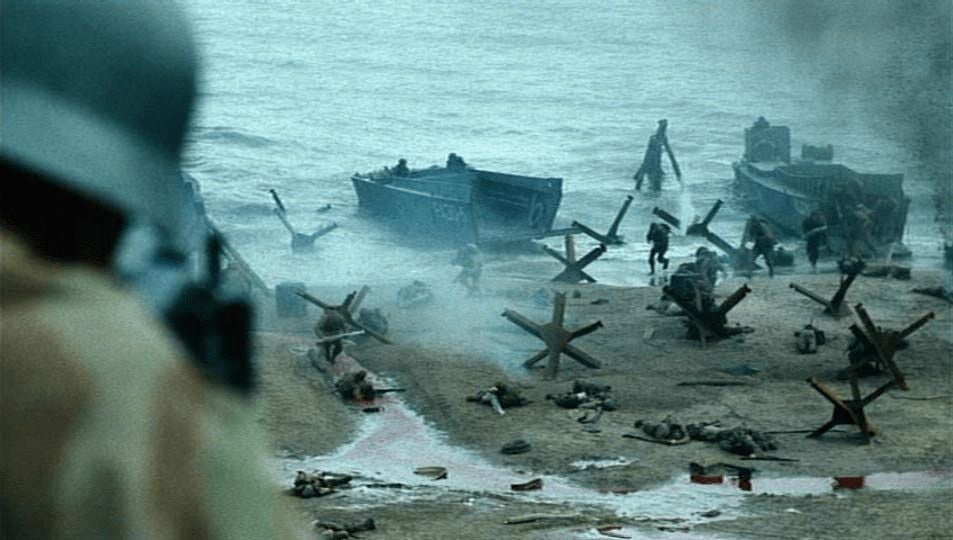
 Drawing from real-life stories like that of soldier Fritz Niland, the film underscores the personal sacrifices made during war and provides a stark reminder of combat’s grim reality.
Drawing from real-life stories like that of soldier Fritz Niland, the film underscores the personal sacrifices made during war and provides a stark reminder of combat’s grim reality.
Amadeus An Opulent Look at Musical Genius
The life and times of Wolfgang Amadeus Mozart are lavishly brought to life in Milos Forman’s Amadeus (1984). Beyond its portrayal of Mozart’s prodigious talent, the film delves into themes of envy and mediocrity through Salieri’s eyes. 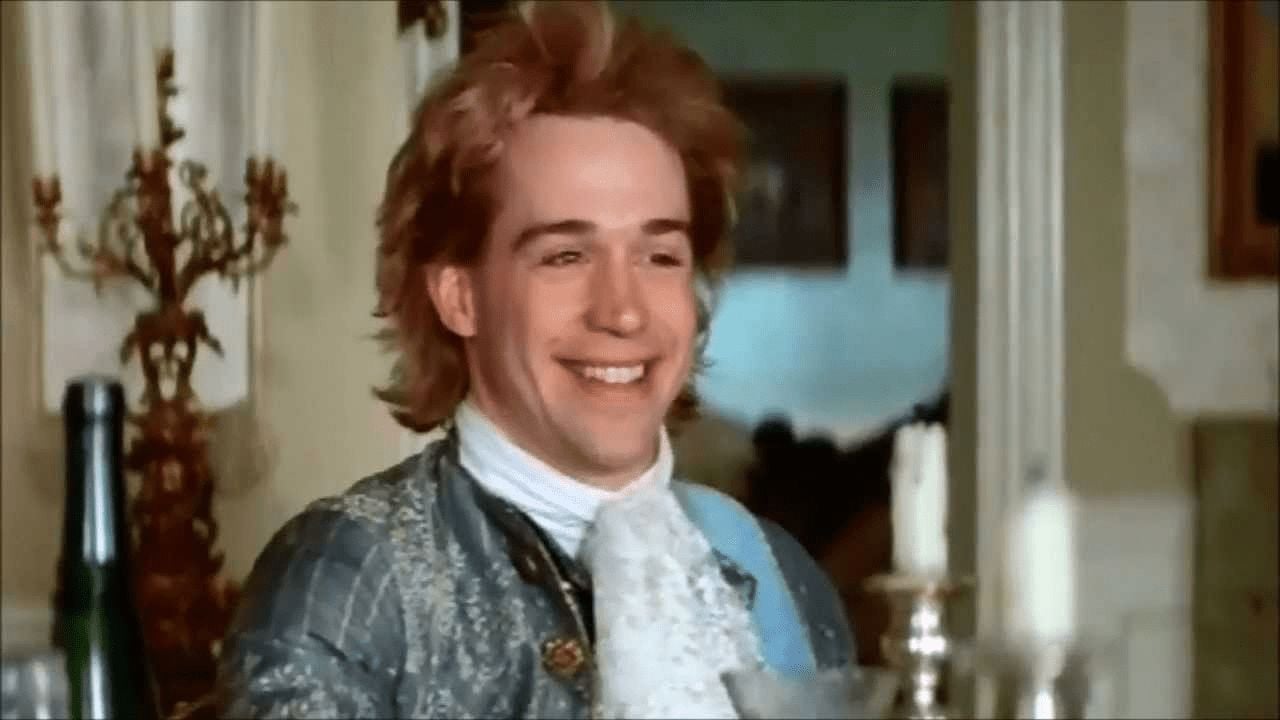
 Its success at the 1985 Academy Awards is a testament to its artistry, capturing not just 18th-century Vienna’s opulence but also the complex dynamics between its characters.
Its success at the 1985 Academy Awards is a testament to its artistry, capturing not just 18th-century Vienna’s opulence but also the complex dynamics between its characters.
Lincoln A Masterful Portrayal of Political Intrigue
Steven Spielberg’s Lincoln (2012) offers a meticulous look at President Abraham Lincoln’s final months during one of America’s most tumultuous periods. The film goes beyond mere biography, depicting Lincoln as a man embroiled in political machinations and moral dilemmas amidst the Civil War. Daniel Day-Lewis’s transformative performance brings depth to this portrayal, earning widespread acclaim. 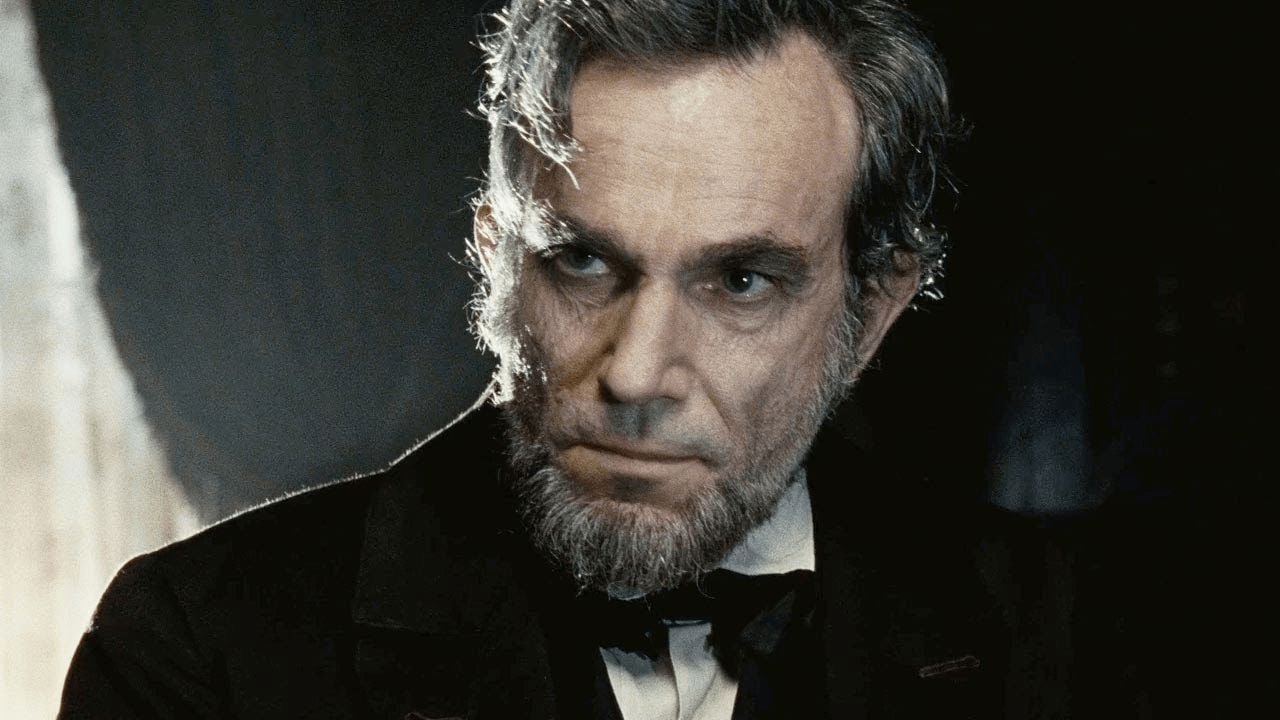
 While some may argue about historical accuracies, what remains clear is that Lincoln‘s attention to detail creates a compelling narrative that enriches our understanding of this defining moment in history.
While some may argue about historical accuracies, what remains clear is that Lincoln‘s attention to detail creates a compelling narrative that enriches our understanding of this defining moment in history.
In conclusion, these six films serve as cinematic time capsules that allow us to experience historical eras with an immediacy that textbooks can’t match. They stand as monuments to their time periods, providing both educational value and entertainment. As we reflect on these portrayals, we recognize how essential films are in preserving our collective past and contributing to our understanding of history.

